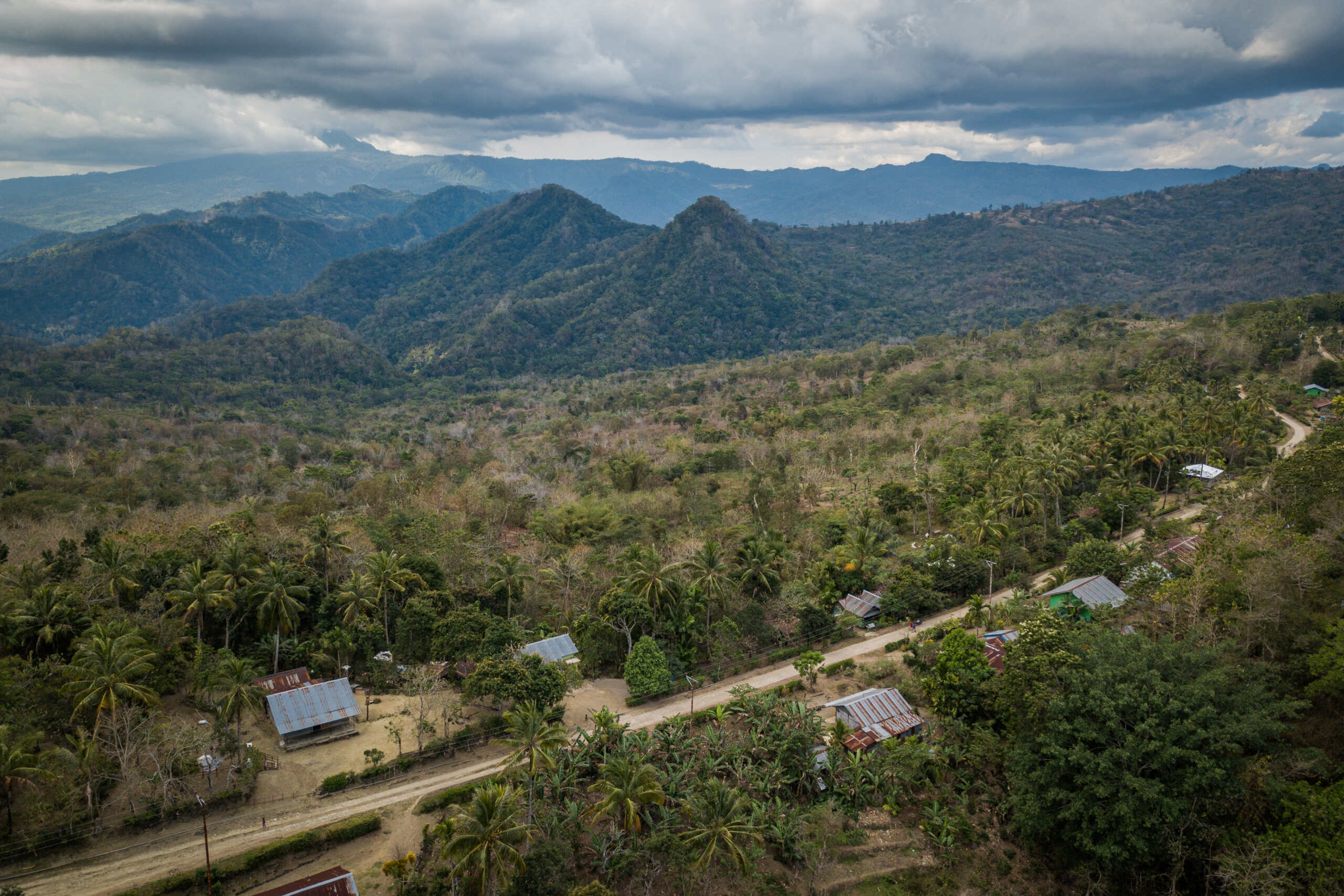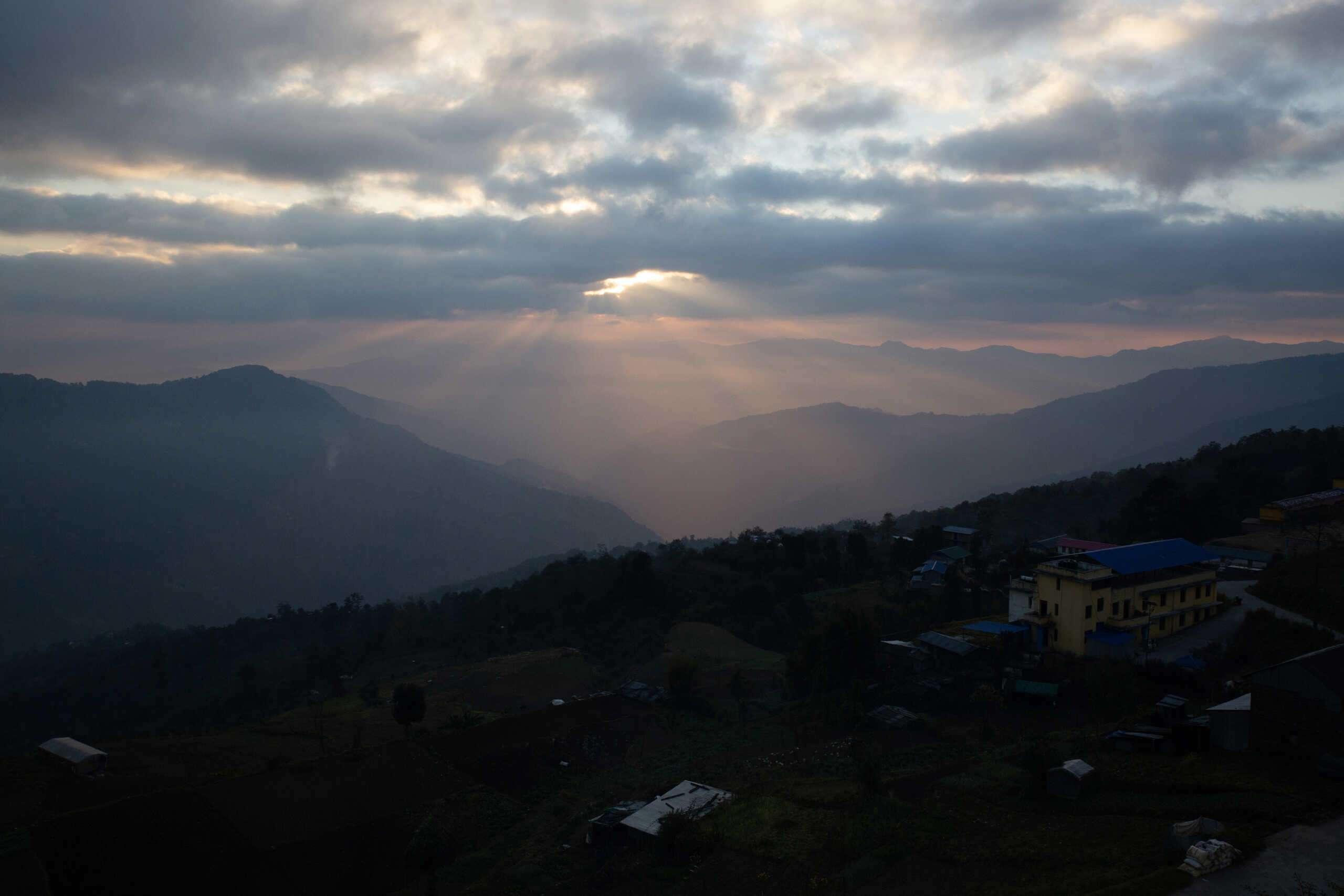Ensuring that humanitarian responses are inclusive
Stories | February 9, 2022
Indonesia has its fair share of disaster events, and often it’s people with disabilities who are the most at risk with an earthquake or tsunami hits.
Take Alif, for example. In 2018, Alif and his family ran for their lives as a tsunami hit the Sulawesi coast. The boy, who has never been able to walk, was carried on his mother’s back, as they fled their home just minutes of it being destroyed. It was lucky they made it. The family ended up in a make-shift response centre.
CBM’s approach is to influence the organisations who are first on the ground when disaster strikes, so that the needs of people with disabilities are not overlooked in disaster preparation and response. As well as shelter, food and clothing, Alif was provided with new crutches.
CBM is working to ensure that local Organisations of People with Disabilities (OPD) are involved in emergency response coordination process with other NGOs and government. In this way, they can raise issues about the barriers to inclusion to services for people with disabilities and older people. We see aid agencies making adaptions to their approaches so that kids like Alif aren’t the unnecessary victims, just because they have a disability.
Influencing government and NGOs
CBM in Indonesia continues to test inclusive humanitarian approaches, working with OPDs and partners. CBM has developed the Humanitarian Hands-on Tool, which in Indonesia is being used by both government and non-government organisations to ensure their disaster responses are inclusive of people with disabilities. CBM Australia’s work in the Australian Humanitarian Partnership brings in good learnings on the ways to influence other NGOs to ensure their emergency responses don’t forget people with disability.
CBM Australia is part of the Australian Humanitarian Partnership, a five-year partnership between the Australian Government, six lead Australian NGOs and their partners. Our role is to ensure that disabilities issues are addressed as organisations plan and respond to emergencies.
https://www.cbm.org.au/stories/ensuring-that-humanitarian-responses-are-inclusive
Related Stories

Week 2 – Lent series 2026
As we continue our Lent journey, we’re grateful to share a heartfelt reflection from CBM Australia’s Head of Program Impact Operations, Kieran Cummins, who...

Building inclusive, climate resilient communities in Bangladesh
Highlights from DFAT Post’s visit In January 2026, representatives from the Australian High Commission in...

Week 1 – Lent series 2026
As we enter the season of Lent, we’re taking time as a community to pause, reflect, and draw closer to the heart of God. Lent invites...
